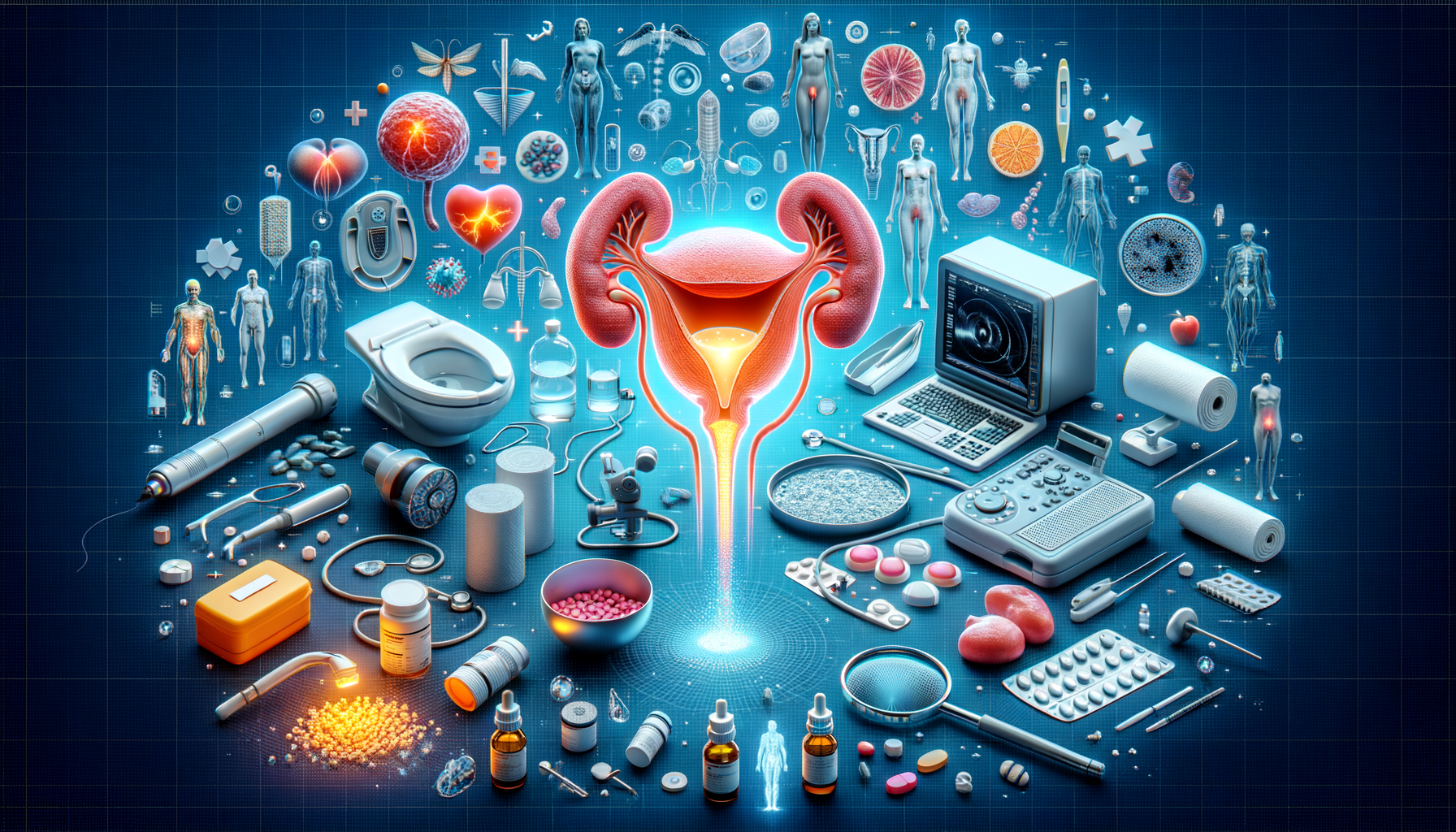
Bringing Relief to Your Nights: Potential Solutions for Frequent Urination
Understanding the Causes of Frequent Urination
Frequent urination, medically known as polyuria, can be a distressing condition that disrupts daily life and, more importantly, a good night’s sleep. Understanding the underlying causes is crucial in finding effective solutions. Various factors contribute to this condition, ranging from lifestyle choices to medical conditions.
One of the most common causes is increased fluid intake, especially of diuretics like caffeine and alcohol. These substances increase urine production, leading to more frequent trips to the bathroom. Another significant factor is the timing of fluid consumption. Drinking large amounts of fluid close to bedtime can exacerbate nighttime urination, a condition known as nocturia.
Medical conditions can also play a role. Diabetes, for instance, can lead to high blood sugar levels, which in turn increase urine production. Similarly, urinary tract infections (UTIs) can cause an increased urge to urinate. Prostate issues in men, such as an enlarged prostate, can also lead to frequent urination due to pressure on the bladder.
Understanding these causes is the first step in addressing frequent urination. By identifying the root cause, individuals can take appropriate measures, whether it’s adjusting fluid intake or seeking medical advice for underlying health issues.
Medical Treatments and Interventions
When lifestyle changes are insufficient, medical treatments can offer relief for those suffering from frequent urination. These treatments aim to address the underlying medical conditions contributing to the problem.
For individuals with diabetes, managing blood sugar levels is crucial. This might involve medication, dietary changes, and regular monitoring of blood glucose levels. In cases where an enlarged prostate is the culprit, medications such as alpha-blockers can help relax the muscles of the prostate and bladder neck, improving urine flow and reducing the frequency of urination.
Antibiotics are the standard treatment for UTIs, effectively clearing up the infection and alleviating symptoms. In some cases, anticholinergic medications may be prescribed to reduce bladder contractions, thus decreasing the urge to urinate.
While medications can be beneficial, they are not without side effects. Therefore, it’s essential to consult with a healthcare professional to determine the most suitable treatment plan. Regular follow-ups can help monitor progress and make necessary adjustments to the treatment regimen.
Lifestyle Adjustments for Managing Symptoms
In addition to medical treatments, lifestyle adjustments can play a significant role in managing the symptoms of frequent urination. These changes are often the first line of defense and can lead to significant improvements in quality of life.
One effective strategy is to monitor fluid intake. Reducing the consumption of diuretics like caffeine and alcohol, particularly in the evening, can help minimize nighttime trips to the bathroom. Additionally, spreading fluid intake throughout the day rather than consuming large amounts at once can prevent overloading the bladder.
Pelvic floor exercises, commonly known as Kegel exercises, can strengthen the muscles that support the bladder. This can improve bladder control and reduce the frequency of urination. These exercises are simple and can be done discreetly throughout the day.
Maintaining a healthy weight is also beneficial. Excess weight can put additional pressure on the bladder, exacerbating symptoms. Regular physical activity and a balanced diet can aid in weight management and overall health.
By incorporating these lifestyle changes, individuals can take proactive steps in managing their symptoms, often reducing the need for medical intervention. Consistency is key, and over time, these adjustments can lead to more restful nights and improved daily functioning.


